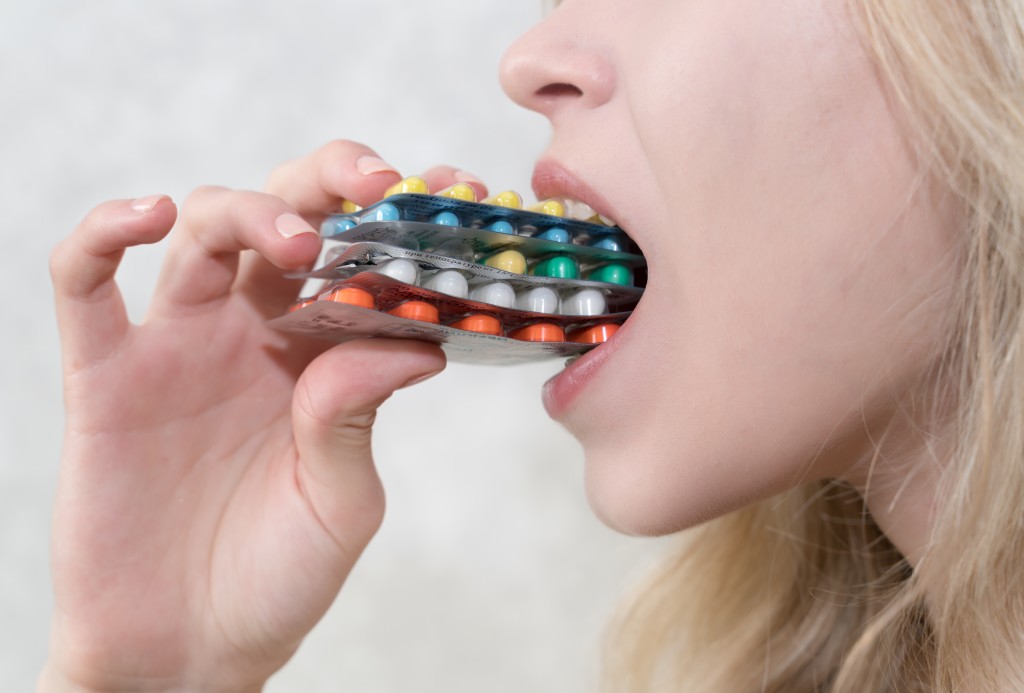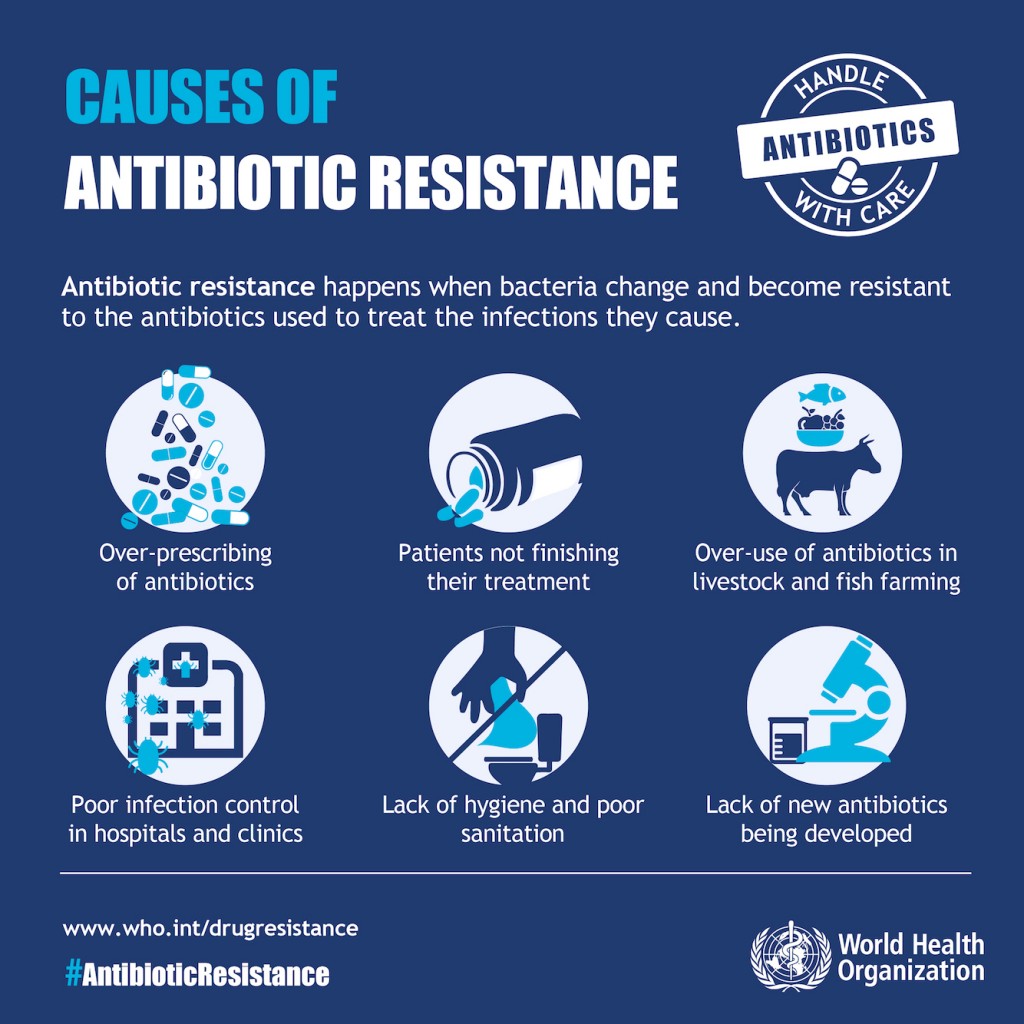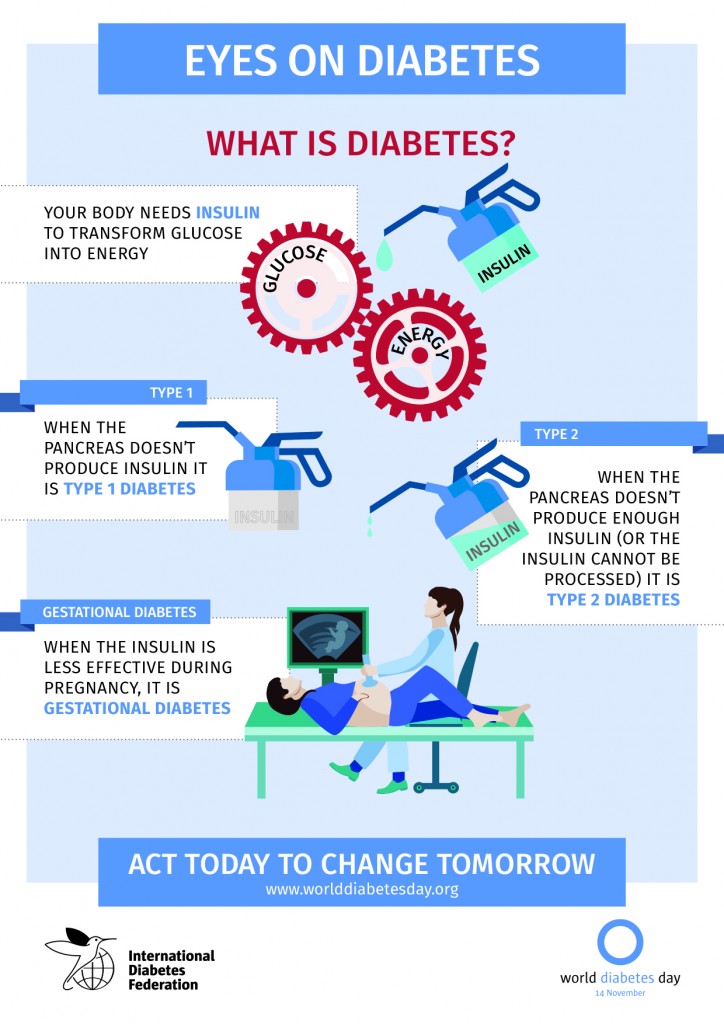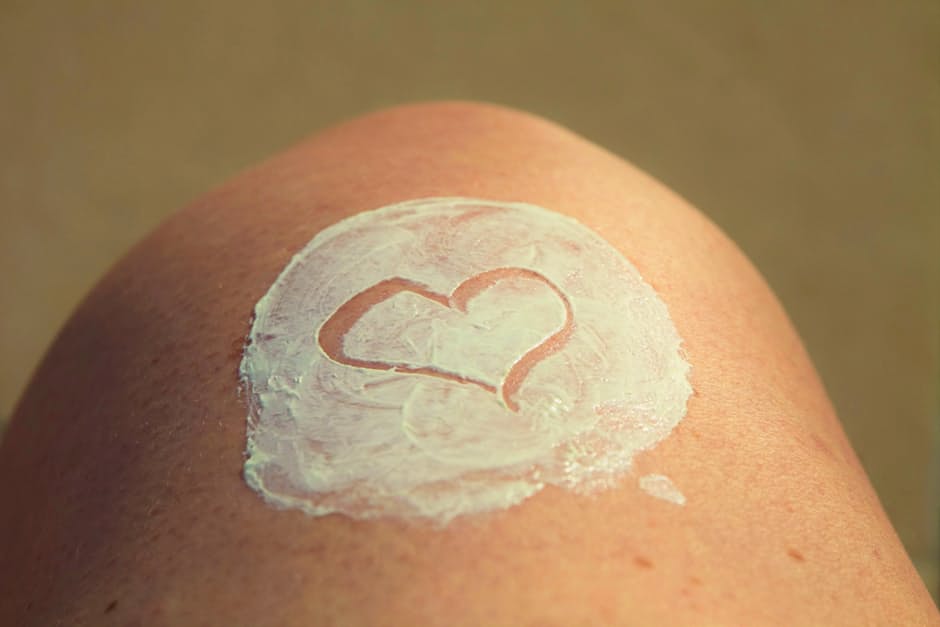
Why is skin cancer an issue?
- 2/3 australians are diagnosed with skin cancer by 70!
- More than 2000 people in Australia die from skin cancer each year and
- The Cancer Council estimates that Australia spends more than $1 billion per year treating skin cancer, with costs increasing substantially over the past few years.
Preventing skin cancer
slip on sun-protective clothing, slop on SPF30 (or higher) broad-spectrum, water-resistant sunscreen, slap on a broad-brimmed hat, seek shade and slide on sunglasses.
It’s just so easy to accidentally damage your skin. Even if you don’t intend to obtain a sun-tan, many Aussies often report that they have suntanned skin. This could be from very basic activities such as mowing your lawn, doing the gardening, having a barbecue, playing sports or going for a walk down the Berwick High Street! Even just passive recreation around the home can put you at risk of developing cancerous moles, if you don’t take proper steps to protect yourself.
It is also a good idea to talk to your doctor about your level of risk and for advice on early detection.
How to perform a skin check on yourself
Getting to know your skin and picking up on changes is one of the keys to reducing your skin cancer risk. This is because skin cancers rarely hurt and are more frequently seen than felt.
To check your skin, do the following regularly:
- Make sure you check your entire body as skin cancers can sometimes occur in parts of the body not exposed to the sun, for example soles of the feet, between fingers and toes and under nails.
- Undress completely and make sure you have good light.
- Use a mirror to check hard to see spots, like your back and scalp, or get a family member, partner or friend to check it for you.
What should you look for?
- New spots
- Changes to existing freckles or moles
There are three main types of skin cancer- melanoma (including nodular melanoma), basal cell carcinoma and squamous cell carcinoma.
Melanoma

Melanoma
- Most deadly form of skin cancer.
- If left untreated can spread to other parts of the body.
- Appears as a new spot or an existing spot that changes in colour, size or shape.
- Can appear on skin not normally exposed to the sun.
Nodular melanoma
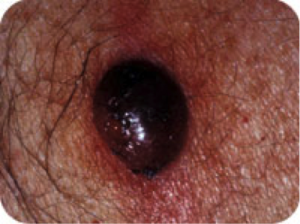
Nodular melanoma
- Grows quickly.
- Looks different from common melanomas. Raised and even in colour.
- Many are red or pink and some are brown or black.
- They are firm to touch and dome-shaped.
- After a while they begin to bleed and crust.
Basal cell carcinoma
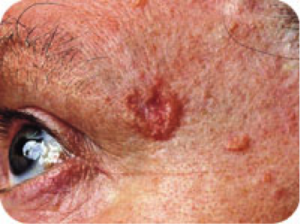
Basal cell carcinoma
- Most common, least dangerous form of skin cancer.
- Red, pale or pearly in colour, appears as a lump or dry, scaly area.
- May ulcerate or fail to completely heal.
- Grows slowly, usually on areas that are often exposed to the sun.
Squamous cell carcinoma
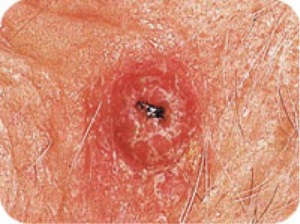
Squamous cell carcinoma
- A thickened, red scaly spot that may bleed easily, crust or ulcerate.
- Grows over some months, usually on areas often exposed to the sun.
- More likely to occur in people over 50 years of age.
What do I do if I notice changes?
Your GP will be able to assess any moles or changes in colour to anything on your skin and advise on the next steps. Your GP may recommend that they perform a mole removal procedure, or that they take a biopsy to check whether your mole is cancerous or not.
What is a mole removal procedure?
If your doctor does recommend a procedure, these can typically be performed by your GP in the treatment room of the medical centre. Usually the appointment would go for about half an hour, and involve the GP with the help of the practice nurse making you comfortable, applying anaesthetic and then removing or taking a biopsy of the area in question. You would then return for the follow up of results, and for the doctor to continue to monitor you.
What if I don’t want to or can’t do the skin check myself?
Your GP should be more than happy to perform a skin check for you. This is typically a half hour appointment, which involves your GP assessing all areas of your skin and examining any existing moles or freckles with a device called a dermatoscope.
Some of the independent GPs who consult at HealthMint offer skin checks and mole removal. If in doubt – come on in for a skin check. We’ve had many experiences where people have come in for a completely unrelated issue and our doctors have picked up and removed cancerous moles. With summer approaching, now is the perfect time to have those moles or freckles looked at, it’s just not worth the risk of leaving them unchecked!

